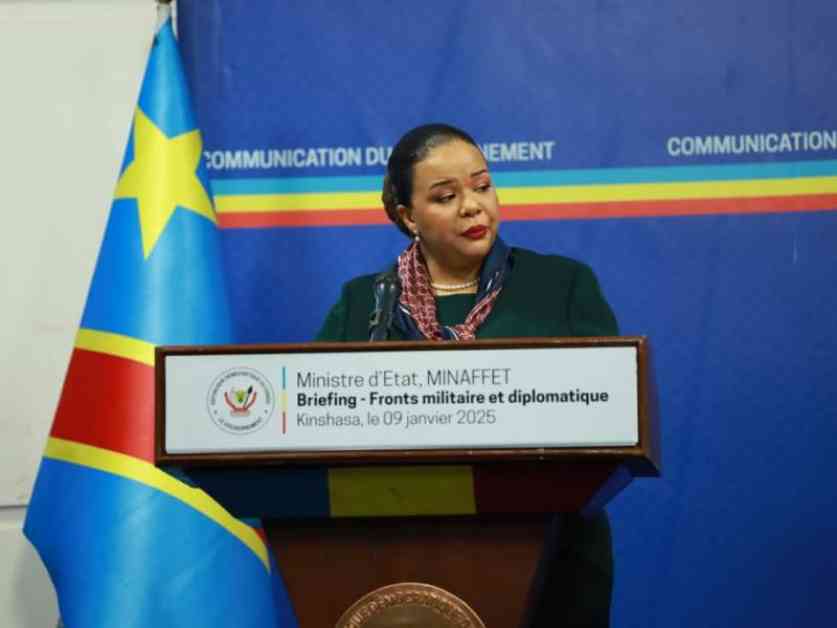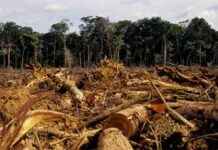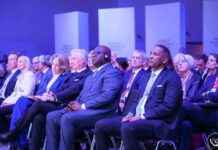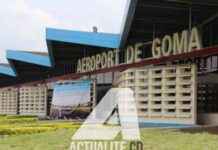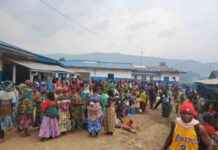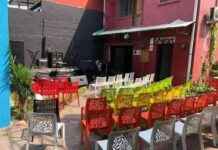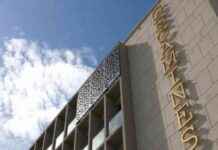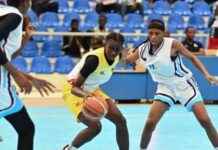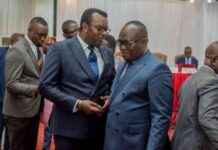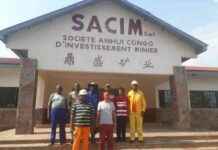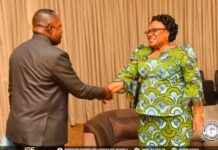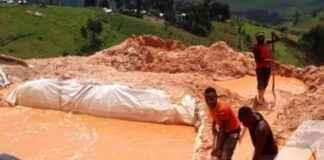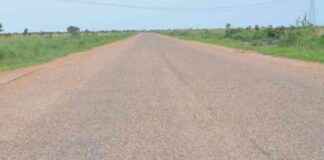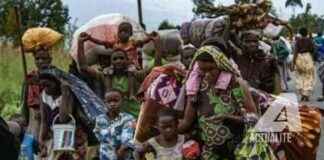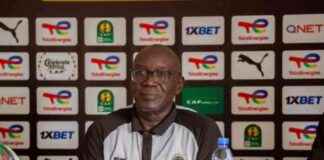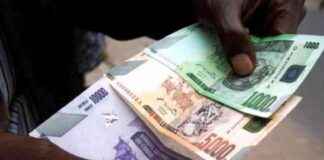Threatening Statements by Museveni’s Son Put Kinshasa-Uganda Relations at Risk
In a recent press briefing on Thursday, January 9, 2024, Thérèse Kayikwamba Wagner, the Minister of Foreign Affairs of the Democratic Republic of Congo, expressed deep concern over the provocative statements made by Muhoozi Kainerugaba, the son of Ugandan President Yoweri Museveni and commander of the Ugandan army (UPDF). These statements have caught the attention of Congolese authorities and raised serious questions about the future of the friendly relations between the two countries.
Reassessment of Partnership
During the press conference, Thérèse Kayikwamba Wagner highlighted the alarming nature of Muhoozi’s remarks and emphasized the need for clarity and accountability from the Ugandan authorities. She stated, “If these statements persist without official and public clarifications from the Ugandan government regarding the extent to which General Muhoozi Kainerugaba’s communications represent the government’s position, we will have to reconsider our partnership and relations.”
The Minister made it clear that the Congolese government has repeatedly expressed its disapproval of Muhoozi’s statements and expects transparent explanations from Uganda. She underscored the importance of clear communication to maintain stability in the region and stressed that bureaucratic responses from Ugandan officials are insufficient.
Regional Implications and Concerns
Thérèse Kayikwamba Wagner also pointed out that the threatening rhetoric from Muhoozi Kainerugaba is not limited to the Democratic Republic of Congo. She noted that similar erratic and inappropriate statements have been directed towards other countries in the region, causing unease among friendly nations. The Minister urged Uganda to address these issues promptly and credibly to reassure concerned partners.
Furthermore, the Minister reiterated the need for Uganda to provide explanations for Muhoozi’s controversial comments, especially those targeting white mercenaries assisting the Congolese armed forces in combating rebel groups in the eastern part of the country. The recent tensions in the region, including the absence of Rwandan President Paul Kagame from a scheduled tripartite meeting, have added complexity to the situation.
The presence of Ugandan troops alongside the Congolese army in the eastern DRC has long been a contentious issue, with allegations of Ugandan military support to rebel groups like the M23. Recent reports from UN experts have further fueled suspicions of collaboration between the Ugandan army and the M23 rebels, raising questions about the true intentions of Uganda’s military involvement in the region.
Call for Dialogue and Diplomacy
In response to these developments, the Congolese Ministry of Foreign Affairs summoned the Ugandan Charge d’Affaires in Kinshasa to provide explanations for Muhoozi’s controversial remarks. The situation remains fluid, with both countries facing diplomatic challenges that could impact their strategic partnership and regional stability.
As tensions escalate, it is essential for both sides to engage in meaningful dialogue and transparent communication to address the underlying issues and prevent further deterioration of relations. The future of Kinshasa-Uganda ties hangs in the balance, requiring careful navigation and diplomatic finesse to preserve peace and cooperation in the Great Lakes region.
This article provides a comprehensive overview of the escalating tensions between the Democratic Republic of Congo and Uganda, shedding light on the implications of Muhoozi Kainerugaba’s threatening statements and the broader regional dynamics at play. Stay tuned for updates on this developing story.
